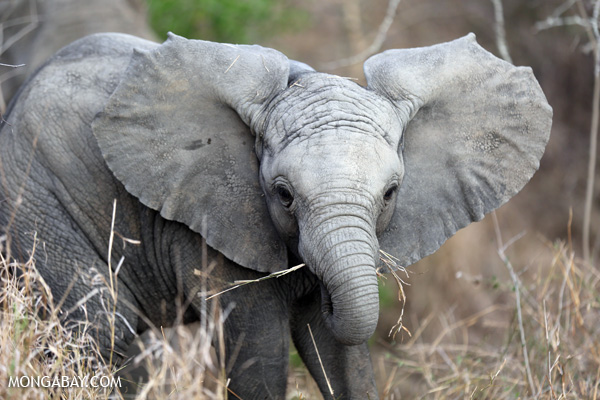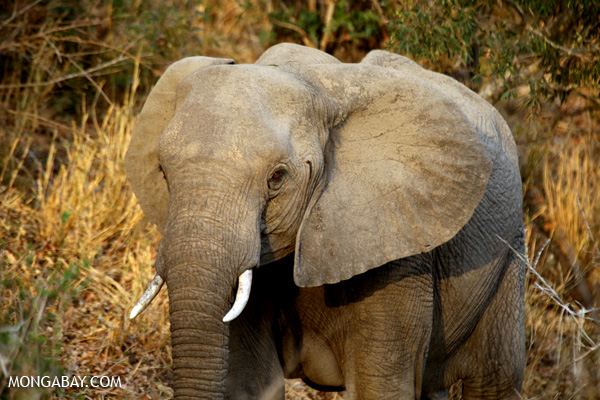Nelson Mandela, elephants and youth
Commentary by Isabel S. Abrams
Most people think of Nelson Mandela as a fighter for racial equality in South Africa. To me, he is also a powerful advocate for protecting wilderness and empowering youth.
In 2002, I was in the audience at the World Conference on Sustainable Development in Johannesburg, South Africa where I heard Mandela address delegates from more than 100 nations.
“Many don’t want (conservation areas) set aside for privileged by privileged. Many have origins in colonial past,” Mandela said. “In South Africa, we break with this legacy.”
Why? Because Mandela believed that, in addition to being places of beauty and adventure, National Parks are vital sources of South Africa’s economic development.
Safaris to Africa provide revenue to its developing nations, while visitors like me are awestruck by the magnificent giraffes, lions, zebra, and cheetahs of the African wilderness. I have taken many photos of elephants, those gentle giants, who care for their young as they roam the grasslands, and feed on greenery. I have also run away from elephants who suddenly appeared and flared their ears as they headed toward me, because I had visited a place where elephants had torn down trees like a hurricane. That was why Mandela’s comments on elephants surprised and amused me.
I learned about Mandela’s special relationship with elephants in 2003, at the World Parks Congress in Durban, South Africa. At the opening ceremony, speakers described how fences had to be removed between South Africa, Zimbabwe and Mozambique, in order to create Great Limpopo Park, an international wilderness that provided safe passage for migrating elephants and other wildlife.
Her Majesty Queen Noor of Jordan acknowledged that South Africa can be justly proud of its protected areas and claimed that preserved natural wilderness areas were the “green lines of our planet that provide clean air, water, and livelihoods, places that feed our souls, provide inspiration and solace in an increasingly urban world.”
Queen Noor finished by adding that, when elephants were transferred to Mozambique,., Nelson Mandela claimed this transfer of elephants was payment for his bride.” “Some elephants try to return,” she said. “We hope they honor Mr. Mandela’s bride price.”
President Nelson Mandela wore a zebra patterned shirt and smiled as he walked slowly up to the podium. His voice was soft but his message was strong. “The future is in the hands of youth and in the future of protected natural areas,” he said. Then he warned the audience that far too few youth are involved in the work of sustaining wilderness. I nodded my head in agreement because I work with Caretakers of the Environment International, a network of high school students and teachers who are very determined to protect nature. How happy I was to hear Mandela say, “This is a matter of great concern,” and ask the delegates, “to support all junior rangers and other youth organizations, and to give them higher priority in protecting wilderness.”
Mandela claimed that National Parks empower people, create jobs, and relieve poverty.
“They sustain biodiversity, conservation and tourism,” he said, for he knew that we can have a sustainable future if we enlist energetic and idealistic youth in our efforts to save elephants and other wildlife.
“A sustainable future for humans depends on nature as much as anything else,” said Mandela, and he wished us great success in our endeavors.


